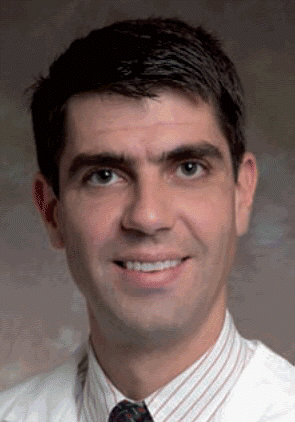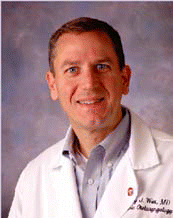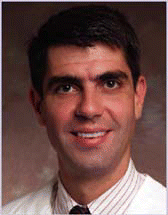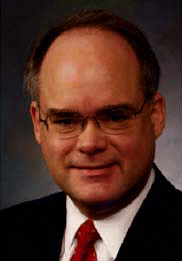In response to many national calls to enhance patient safety, the Accreditation Council for Graduate Medical Education (ACGME) mandated a maximum 80-hour workweek for all residents beginning in 2003.


In response to many national calls to enhance patient safety, the Accreditation Council for Graduate Medical Education (ACGME) mandated a maximum 80-hour workweek for all residents beginning in 2003.

At first glance, the Otolaryngology Surgery Simulation Center at Montefiore Medical Center in New York resembles a traditional temporal bone dissection lab.

Intraoperative volume CT is showing promise as a tool to help with complex endoscopic sinonasal and skull base procedures.

Heading into the real world of practice after completing residency is a daunting task, fraught with perils. Will you get into a practice you like? Will there be sufficient support staff?
Getting reimbursed properly for performing procedures is all in the details, especially in areas that can be confusing to code.
Two studies presented at recent Triological Society meetings, both of which surveyed former otolaryngology residents about current otolaryngology surgical training and postgraduate practice and referrals, shed light on the direction in which the specialty’s training may need to move.

Pharmaceutical company representatives (PCRs) are as ubiquitous in otolaryngologists’ offices as seasonal allergies and ear infections.